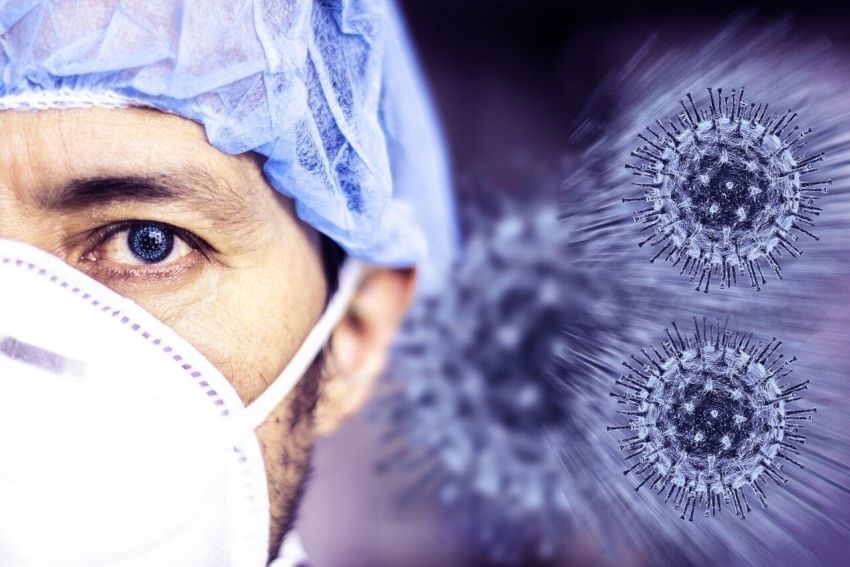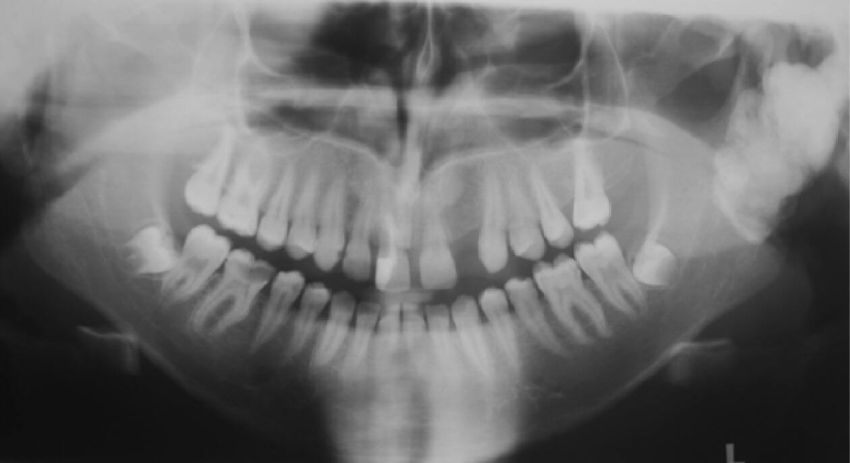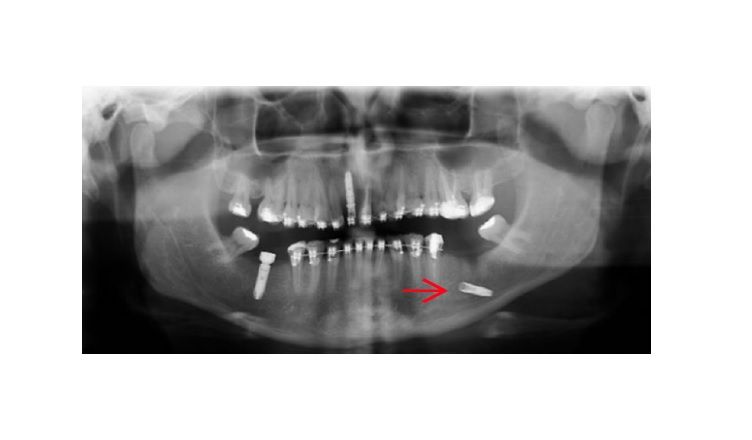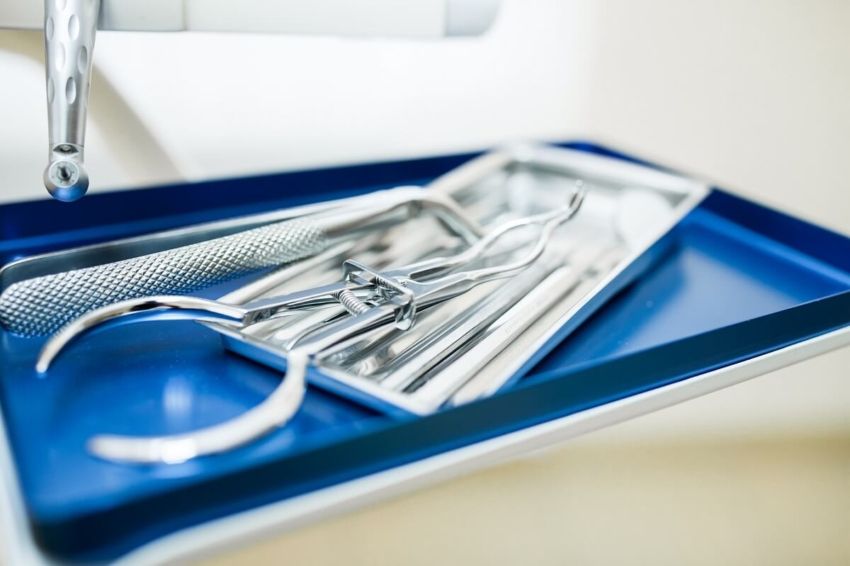Oral bacteria will be studied in… space
To no one's surprise, in the digital age, scientific research is being conducted jointly by scientists working in different countries and even on different continents. As it turns out, the research can be carried out even further – in space.
Although the popular saying "Sky is the limit" is still often repeated, in the 21st century it no longer has much to do with reality.
Does gravity affect the growth of oral bacteria?
This is confirmed by an ongoing project in space that aims to study the growth and response of oral bacteria to drugs administered in zero-gravity conditions. The study is sponsored by the US National Laboratory's National Space Station and conducted in collaboration with NASA and Colgate-Palmolive. The project will run for about 2 months.
For the experiment, engineers at the University of Nevada, Las Vegas (UNLV) designed a novel 3D printed microfluidic pump with automatic operation. On June 3, the devices were sent to the space station in 25 sets containing saliva and bacteria collected from 30 patients of the UNLV dental clinic. Bacteria found in a healthy oral environment, as well as those that cause tooth decay and periodontal disease, have been studied.
Conditions mimicking the oral environment recreated in space
Under such unusual conditions, Las Vegas scientists will grow bacteria on a hydroxyapatite substrate in specially created pumps at a temperature of 37°C. With conditions similar to those in the mouth, the devices will continuously dispense liquid nutrients that are responsible for bacterial growth. Each such test will last 48 hours.
– There are many excellent products for oral hygiene. But if you're thinking about long-term space travel, there's no guarantee that methods effective on Earth will work in a weightless state. The experiment will help understand how to deal with oral health in space, in terms of maintaining proper hygiene as well as treating oral diseases – said one of the project's authors, Prof. Jeffrey Ebersole, associate dean for research. research at UNLV School of Dental Medicine.
After about 2 months, the test kits will be sent back to Earth aboard the SpaceX Dragon spacecraft. The researchers will then study the effects of a gravity-free environment on oral bacteria. They will also evaluate the effectiveness of bacterial control agents used in Colgate-Palmolive oral care products against nutrient metabolism and biofilm formation under weightless conditions. Information on bacteria grown aboard the space station will then be compared with data obtained from similar studies, but conducted on Earth.
When the project is complete, based on the data obtained, scientists will try to develop new, more effective methods to fight oral diseases. – Our partnership with ISS National Laboratory and UNLV will help us go beyond what is expected of us, beyond what is already known, and even beyond the planet to influence the further development of oral health science – said the director of the. of technology at Colgate-Palmolive, Dr. Patricia Verduin.
When was the breakthrough in endodontics? – Such a milestone was the invention of MTA. Previously, most of the teeth we talk about with endodontics were 100% doomed to failure – says in an interview with Dentonet a doctor of. dent. Bartholomew Karas.



